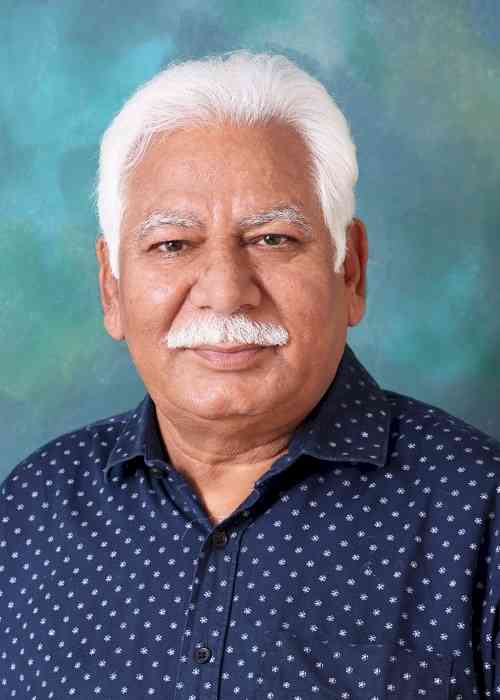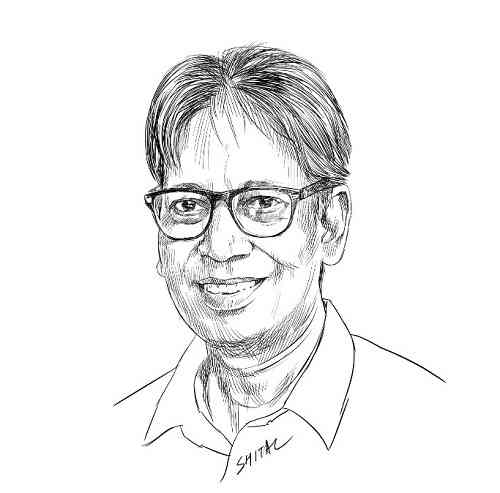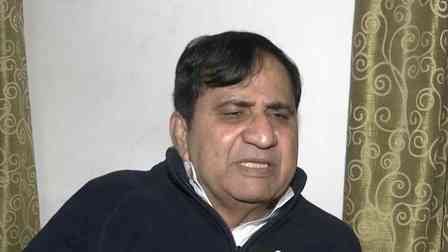Uniform Civil Code and Sikhs

*Ashvani Jaitly
The Uniform Civil Code (UCC) aims to enforce a uniform legal framework to all citizens, irrespective of their religion. Right now, matters including marriage, divorce and succession are governed by religion-based personal laws.
The UCC can be traced back to the debates during the framing of the Indian Constitution. Apart from few members of the Constituent Assembly, including Dr BR Ambedkar who believed that a UCC was necessary to promote gender equality, secularism, and national integration, a Sikh Judge, Justice Kuldip Singh (former Judge of Supreme Court) was one of the earliest advocates of UCC who in a 1995 Sarla Mudgal case reiterated the need for parliament to frame a uniform civil code, which would help the cause of national integration by removing ideological contradictions.
Anand Karaj Marriage Act and UCC:
UCC does not propose to make any changes in the Anand Marriage Act of 1909. The Anand Marriage Act although formed in 1909 (name changed to Anand Karaj Marriage Act after a 2012 amendment) has not laid any rules and proformas governing the issues of divorce, inheritance and adoption etc.
The UCC aims at facilitation of Sikh community in civil matters and to enhance the Anand Marriage Act by adding a few laws including Law of adoption, Law of inheritance, law of divorce which is earlier not detailed under the Anand Marriage Act. UCC also proposes to make registration of marriage compulsory, the provision of which is already present under Anand Marriage Act. UCC will not affect the customs of Sikh marriage and the same would remain intact even under UCC.
Ironically, the Anand Marriage Act is not in implementation in Punjab which has the highest Sikh population and as such implementation of the UCC in Punjab would not have any implications on Sikh customs and rituals.
Uproar by opposition and SGPC:
Sikh religious body SGPC and SAD-Badal have been making quite an uproar against the UCC that it will affect the Sikh customs and identity.
In this regard, it is to be mentioned here that Gurcharan Singh Tohra former President of SGPC and an Akali who had been a MP of Rajya Sabha and Lok Sabha from 1972-2004 had never spoke about making any amendments in the Anand Marriage Act in order to add provisions for divorce, inheritance etc. SGPC which is a 100 years old organization has never held even a single session to discuss the necessary amendments required in Anand Marriage Act. In view of these points, it seems the SGPC and SAD-Badal are opposing the UCC just for the sake of opposing it without having any credible facts to support their opposition.
Contrary to SGPC which has out rightly opposed the UCC, another prominent Sikh religious body, DSGMC has issued a statement that there will be no opposition to UCC as such and constituted a committee to study the draft of UCC before presenting any suggestions/views.
Will UCC hamper the distinct identity of Sikhs?
No. Countries like USA, UK and France which have considerable Sikh population already have uniform civil code in place and despite that Sikhs have been able to maintain their distinct identity.
Conclusion:
The right to freedom of religion, the distinct identity of Sikhs, the customs and rituals of Sikh marriage and the 5Ks of Khalsa will remain intact under UCC. The UCC aims at rejecting the insular, regressive and repressive customs and the true follower of Sikh principles of universal truth, equality and justice will not be at odds with the UCC.
(*Ashvani Jaitly is a Ludhiana-based venetran journalist)


 City Air News
City Air News 









